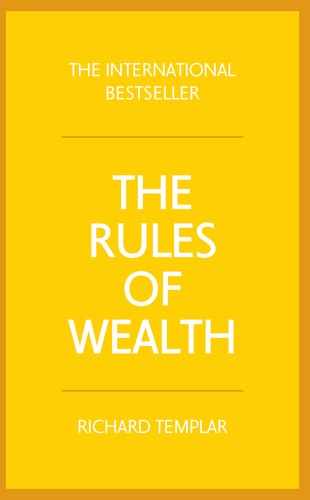I know there’s a saying – whoever has the most toys at the end wins. But you really can’t take it with you and you can’t buy anything with it when you go – no tickets into heaven, no indulgences, no get-out-of-hell-free cards. When you go, you go alone and with nothing, just as you came in. So all that effort, in a way, is wasted. Unless of course you did something useful with it when you had it and had the ability to do it. Left drooling in some old folks’ home isn’t the time or place to start being philanthropic, is it?
Not getting rid of it is known as wealth bondage – being tied so tightly to your money that you really do try to take it with you – and that really is kinky. Sure you can leave it to your kids but you should have given most of it away long before you pop your clogs or you’ll be leaving a massive tax liability for someone down the line.
NOT GETTING RID OF
IT IS KNOWN AS
WEALTH BONDAGE
Whatever you decide to do, do take the proper advice – nothing grates so much as a poorly thought-out will and lots of tax after you’ve gone.
You can of course insure against tax liabilities after you’ve gone. You have to calculate what you think your tax liability is likely to be and then set up a whole-of-life insurance policy to cover it. But the policy has to be written into a trust to ensure the proceeds from the policy aren’t included with your estate – but for heaven’s sake be careful of placing anything in trust because if you use the wrong one you can make things even worse.
Gosh, I’m not a financial adviser (except on a behavioural level – you need somebody else for the nitty-gritty-which-investment-is-best-for-me detail) but it seems to make sense to have all this tied up before you go. And of course you can leave the lot to your spouse and then they don’t have to pay death duties* but by golly their tax bill is going to be high when they go, so you are only delaying rather than off-setting – although the effect of this is reduced in the UK by the ability to claim a deceased spouse’s unused nil rate bond. Alternatively, you can establish a trust to ensure that both husband and wife’s nil rate bands are fully utilized – but again be very careful using a trust.
I was reading about the Dalai Lama’s wealth the other day. He gets paid the equivalent of around 38p a day expenses, owns two robes – one on and one in the wash – and his only indulgence is a new watchstrap every now and again (I did wonder if he bought leather ones). And yet he is the head of an entire country – albeit one in exile. Now that is cool in my book.
* Spouse’s exemption – it must be your spouse or civil partner and if they are domiciled outside the UK the exemption is restricted to £325,000.
